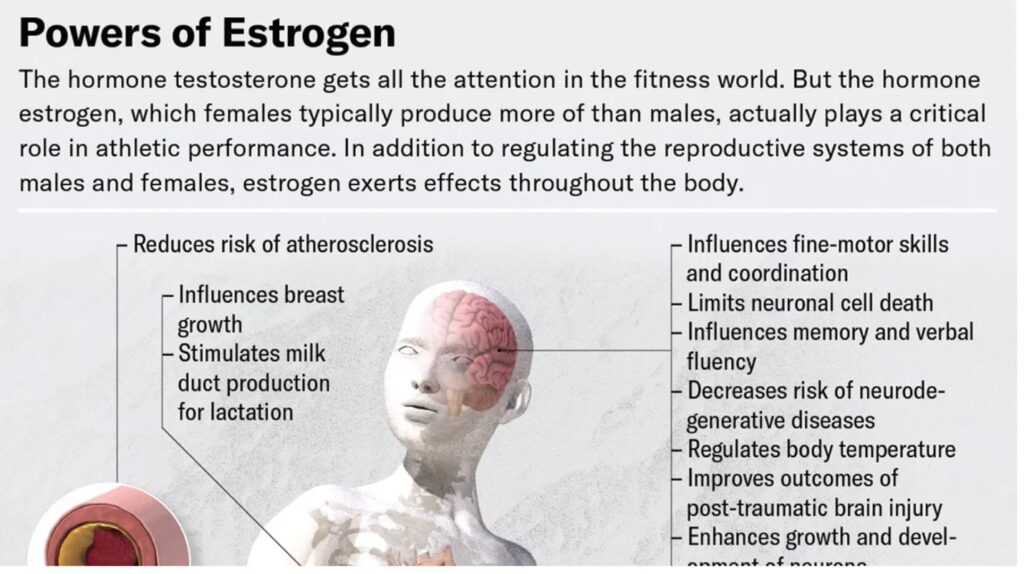What are the factors that help one get a good job? The question is important around the world, and arguably even more important in countries with high reported unemployment, like Georgia and Armenia. While it would require an in-depth study of the labor market of a given country to find out what actually helps a person get a good job, what people think about this issue is also interesting. CRRC’s 2017 Caucasus Barometer (CB) survey asked the population of Armenia and Georgia which factors where important for getting a good job in their country.
In both Armenia and Georgia, connections was the most frequent answer, and was picked by almost a third of the populations. For this blog post, answer options are grouped into two categories: meritocratic and non-meritocratic factors. While the former includes education, professional abilities, work experience, and talent, the latter combines connections, luck, age, appearance and doing favors for the “right” people. In Georgia, approximately half of the population named meritocratic factors, while just above a third named these in Armenia.
Note: A show card was used during the interviews. Answer options “Other” and “Don’t know” (less than 5% if combined) are not shown on the charts in this blog post.
Although there are differences between Armenia and Georgia at the national level, a similar pattern is found when settlement types are compared within each country. The population of rural settlements in both countries tended to name meritocratic factors as important for getting a good job more often than the population of urban settlements.
In both countries, differences in the frequency of mentioning meritocratic vs. non-meritocratic factors were rather small among people with different levels of education. The only notable difference was that in Armenia, 39% of people with higher than secondary education named connections as the most important factor for getting a good job, while only 27% of those with secondary or lower education reported the same.
Note: Answer options to the question “What is the highest level of education you have achieved to date?” were recorded in the following way: “No primary education”, “Primary education”, “Incomplete secondary education”, and “Completed secondary education” were combined into the category “Secondary education or lower”. “Incomplete higher education”, “Completed higher education (BA, MA, or Specialist degree)”, and “Post-graduate degree” were combined into the category “Higher than secondary education”.
Overall, in both countries, connections were named most frequently as the most important single factor to get a good job. People in Georgia report the importance of meritocratic factors more often than in Armenia. In both countries, the rural populations name meritocratic factors more often than the urban populations, a fact which deserves further research to understand its underlying causes.
To have a closer look at CRRC’s Caucasus Barometer data, visit our Online Data Analysis portal.








